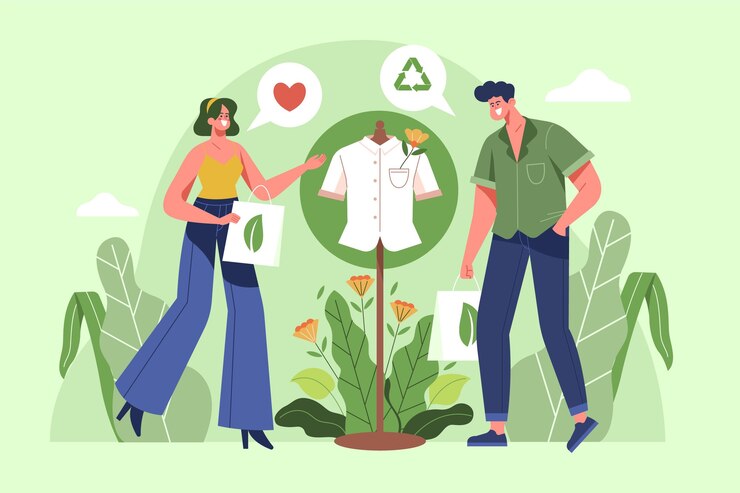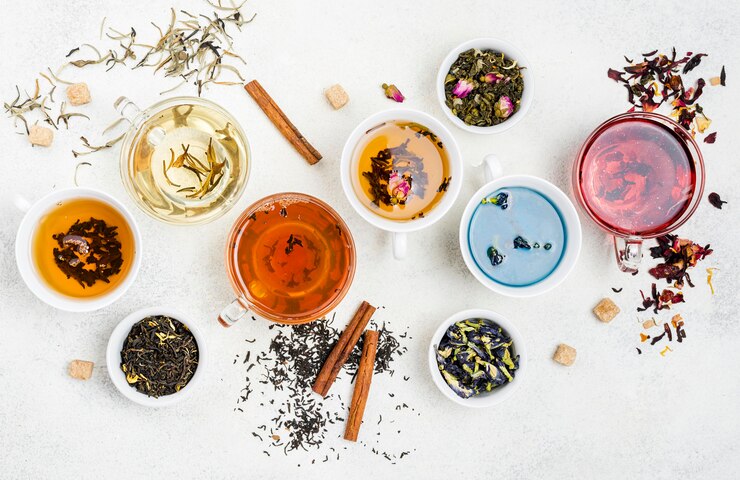
With Earth Day just a couple of months away, it’s a perfect time to think about how we can treat every day as Earth Day. Last year, I shared a post with 8 Ways to Make Every Day Earth Day, and now I’ve got 6 more ideas to help you live more sustainably.
We can all contribute to protecting the environment by making small changes in our daily lives. These may seem insignificant, but if everyone takes small steps, together we can make a big difference over time. Here are some straightforward ways to embrace sustainability and help ensure a joyful future on our planet:
1. Save Your Glass Jars
One of my favorite ways to reduce my carbon footprint is by saving glass jars from items like pasta sauces, salsas, spices, condiments, and more. Simply remove the label, wash the jar in the dishwasher—or by hand—and you’ll have a great storage solution for grains, spices, or leftovers. Besides reducing waste, glass is safer than plastic for food storage since it doesn’t contain harmful chemicals.
Joyous Tip: Label your jars to keep your spice cupboard and pantry organized—it’s sustainable and looks lovely! They’re also perfect for portioning and storing meal prep. Developing a weekly meal prep routine reduces food waste and saves money—a win-win for you and the planet!
2. Ditch the Plastic Wrap
Did you know most plastics take over 400 years to decompose? Nearly all the plastic ever made still exists in some form. A 2017 study found that out of 8.3 billion metric tons produced in the last 60 years, 6.3 billion has turned into plastic waste. Plastic packaging fuels much of this growth, accounting for 40% of all non-fiber plastics worldwide—and only about 9% of this waste is recycled.
Though the situation may seem daunting, it’s empowering to know we can help by choosing sustainable alternatives like beeswax or silicone wraps for food storage. Or use your saved glass jars for leftovers and pantry organization.
Remember, plastics not only pollute landfills and oceans, but they also contain harmful chemicals, like phthalates, that can impact health and hormones. Check out this insightful podcast episode with Dr. Shanna Swan on phthalate exposure and fertility.
Joyous Tip: Try going plastic-free for a week. Choose produce not wrapped in plastic, skip plastic bags at the store, buy products packaged in glass or cardboard, and stock up on bulk items with reusable jars. And don’t forget to try beeswax wraps! They’re fantastic for cheese and other items—anytime you’d use plastic wrap. Blended beeswax wraps, sometimes with cotton, are much more durable.
3. Shop in Bulk
Single-use plastics contribute significantly to waste, so buying products in bulk is a great sustainable habit. Many stores offer bulk items like shampoos, conditioners, soaps, cleansers, lotions, and bath salts. You might even find our Hello Joyous products in bulk stores!
These shops are excellent for reducing plastic consumption and discovering new products. Bonus: zero-waste shops typically offer clean, sustainable items, making it a win-win.
Shopping bulk for food can also reduce plastic use. Most grocery stores have bulk sections, and many shops specialize in bulk foods. Stock up on favorites like nuts, seeds, legumes, grains, and more while helping the environment.
Joyous Tip: Use your glass jars for buying and storing bulk food items. Many stores weigh reusable containers so you can avoid plastic and keep your products safe.
4. Shop Sustainable Food
Supporting food producers who prioritize the planet’s health is key to sustainable living. With farmer’s market season approaching, take time to meet local farmers and learn about their food and livestock practices. This helps you make informed choices and support those with sustainable systems.
Buying local food cuts your carbon footprint and boosts the local economy. If there’s no farmer’s market nearby, look for certified organic and humanely raised products at grocery stores. Brands like Sunday Farms deliver pasture-raised, ethically sourced meats right to your door, free from GMOs, pesticides, hormones, and antibiotics. Their quality is unmatched, and it’s gratifying to know the animals were raised with care.
Joyous Tip: Save money and support Canadian businesses by purchasing essentials from Rise Market. They maintain strict standards and offer products at 20%-40% less than grocery store prices. Use code JOY20 for 20% off a yearly membership.
5. Shop Sustainable Clothing
Investing in durable, sustainable clothing keeps textiles out of landfills while promoting responsible farming. About 80% of Vienna’s clothing comes from sustainable bamboo or second-hand sources. Bamboo is soft, cozy, and grows quickly, making it a planet-friendly option.
A recurring theme here is reducing plastic reliance, which contributes to pollution and depends on fossil fuels. Reducing plastic use aids the transition to sustainable energy.
Did you know synthetic clothing is a major plastic pollution contributor? It sheds microplastics during wear, washing, and drying, impacting the environment and oceans. For more insights into the fast fashion industry’s secrets, listen to the podcast with Kristi Soomer from Encircled, a favorite local slow fashion brand.
Though sustainable clothing might cost more initially, it lasts longer and avoids releasing microplastics. I’ve had a dress from Encircled for over five years, and it still looks great.
Joyous Tip: Explore other sustainable fabrics like organic cotton (conventional cotton is heavily sprayed), organic hemp, linen, Tencel, or recycled cotton.
6. Hit the Thrift Shop
If bamboo or organic cotton clothing isn’t in your budget, thrift shopping is an excellent way to keep textiles out of landfills and find unique pieces.
Annually, about 92 million tons of textiles are discarded, with a garbage truck’s worth sent to landfills daily. Switching from fast fashion to thrift shopping supports sustainability and offers the chance to find cute items.
A tailor can transform thrift finds from drab to fab quickly, making them your best friend for thrift shopping.
Joyous Tip: Thrift shopping isn’t just for clothes. Find furniture, home décor, books, and appliances at thrift shops, online marketplaces, or trade sites like Bunz. The hunt for the perfect piece is fun and sustainable.
I hope these tips inspire and empower you to take small steps towards a more sustainable lifestyle. We only have one planet, and caring for her is crucial. I’m committed to living these practices daily for a healthy and beautiful world for my loved ones.
Thanks for the great tips, Joy!


